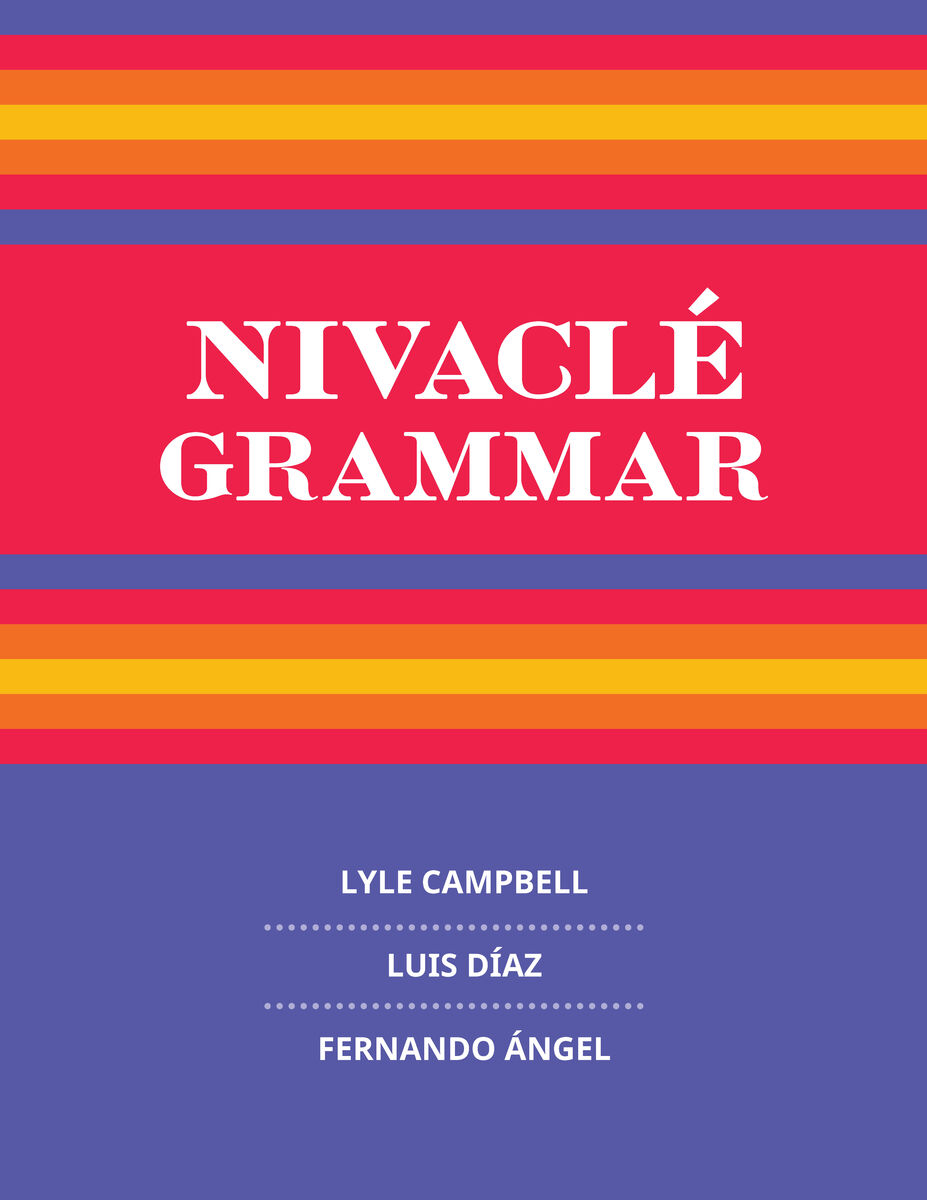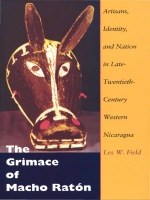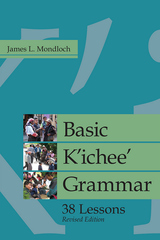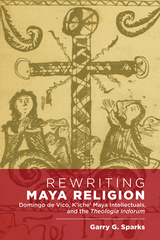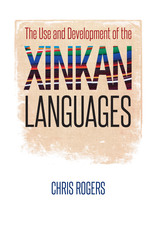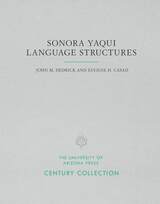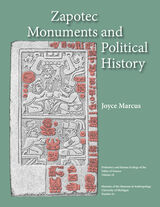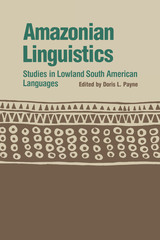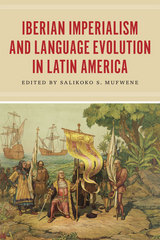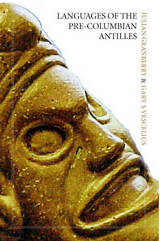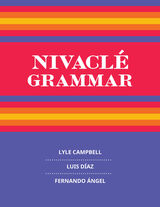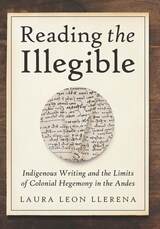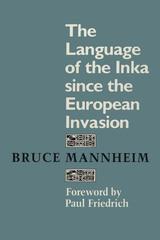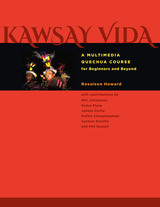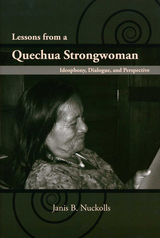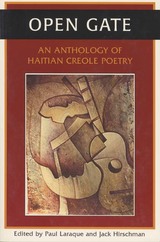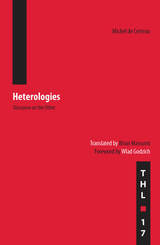Cloth: 978-1-60781-775-8 | eISBN: 978-1-60781-776-5
Library of Congress Classification PM5817.C81C36 2020
Dewey Decimal Classification 498.7
This book offers an extensive description of Nivaclé, an indigenous language spoken in the Gran Chaco region of Argentina and Paraguay. Nivaclé’s phonology, morphology, and syntax are complex; the language has no tenses marked on verbs, essentially no prepositions, and a sizable number of lexical suffixes whose content is so concrete they would be expected to be independent words in most other languages. Nivaclé has a unique speech sound, /k͡ l/, known nowhere else. In some locations where it is spoken, multilingual conversations are the norm. These and other rare traits make Nivaclé an especially fascinating language for linguists, with many implications for language typology and linguistic theory. The book is based on dozens of audio and video recordings of narratives and on hundreds of hours of elicitation and analysis with native speakers. Four lengthy texts are included here to demonstrate the language in action. Scholars—whether in anthropology, folklore, geography, history, or language—will find value in the narratives included here and in the insights into Nivaclé life and culture found throughout the book.
See other books on: Campbell, Lyle | Grammar | Language Arts & Disciplines | Linguistics | Texts
See other titles from University of Utah Press
